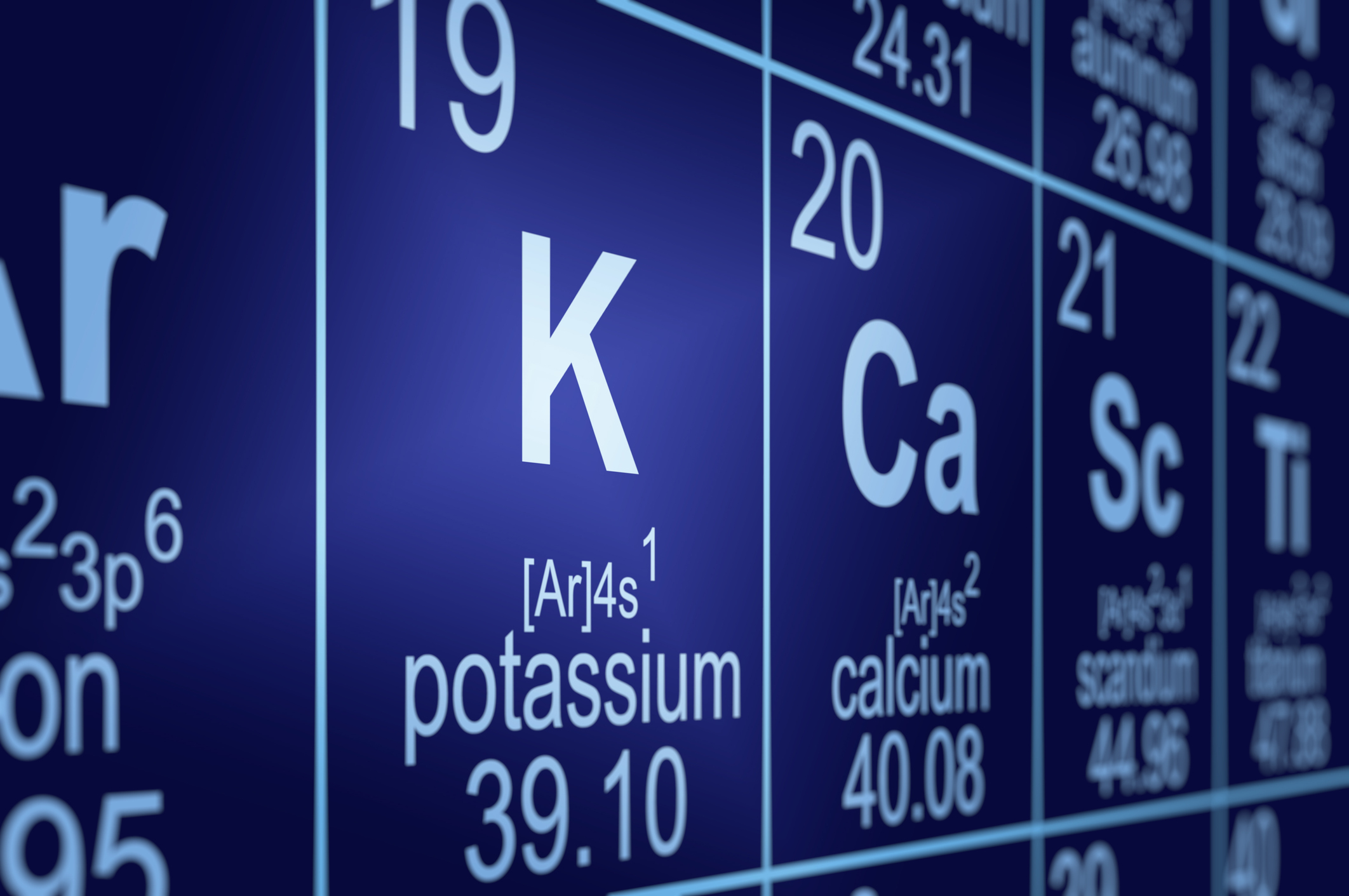By Sue Hellie
The challenges faced this past year have redefined what it means to live with chronic kidney disease (CKD). People living with kidney disease and other severe chronic conditions are at higher risk for more severe illness, and they’ve had to take extra precautions to ensure their safety and wellbeing. However, this past year has presented many people with the opportunity to educate themselves about their health and potential associated conditions that come with living with CKD.
One condition that is less understood by many living with CKD is hyperkalemia.
What is hyperkalemia?
Hyperkalemia is a condition some people with CKD face that is characterized by elevated potassium levels in the blood. In 2014, an estimated 3.7M US adults were affected by this condition and it impacts up to 40-50% of treated patients with CKD. Hyperkalemia can potentially be life-threatening if left untreated.
How do you know if you have hyperkalemia?
Many people do not experience symptoms and have been surprised with a diagnosis after undergoing routine blood work. For those who are on dialysis—which can help to lower potassium levels during treatment— it’s important to consult with a doctor to check potassium levels on a regular basis, as it can increase between sessions. This increase may result in serious health issues, including weakness, nausea, potentially irregular heartbeats, and paralysis.
How can you manage hyperkalemia?
With the many challenges faced by people living with CKD, it’s critical to ensure everyone has access to the essential tools and resources to allow the opportunity to live fuller and healthier lives. To help better manage CKD and your potassium level, here are three easy steps you can take in order to learn more about hyperkalemia:
- Talk With Your Doctor:
Talking to a doctor is often a helpful first step to discover how to manage potassium levels and feel more in control. If you are currently on medication, ask your doctor about which medications could be impacting your potassium levels and if medication is needed to help lower or manage your potassium level. Through frequent, unfiltered conversations, you can learn better management of your CKD and help your support system discover how to help you on your CKD journey.
During your next conversation with your doctor, bring a CKD discussion guide (see Additional Resources below) that includes specific questions to ask about hyperkalemia and help you better understand this condition.
- Know Your Options:
A great first step to understand which food choices and other healthy habits will help you to feel your best is to speak with your doctor. To supplement that conversation, here are some helpful resources:
-
- Beyond Bananas campaign offers nutritional tools and more information about high potassium
- The Are You OK+ campaign provides digestible resources to help people understand their potassium level and make healthy lifestyle choices
- Find Resources & Your Fellow Warriors:
CKD is a complex disease to navigate. Through education, we can empower those impacted by this disease to seek treatment, restore a sense of self-control and work towards potentially lowering the risk of high potassium-related events. Not only is it important to continue learning about CKD’s associated conditions, like hyperkalemia, but also join a group that is navigating the same waters as you – as the saying goes, there is strength in numbers.
The Unfiltered Kidney Conversations Facebook community creates a transparent space for people living with CKD – CKD warriors – to share their story and offers numerous tools and resources to have a candid dialogue about this disease. Learn more about this community by checking out their Facebook page referenced below in Additional Resources.
While managing your kidney health can be complicated, there are numerous ways to feel empowered and learn the ins and outs of your kidneys and this condition. Not only is it important to educate yourself on your own kidneys, but spreading the word about the potentially serious effects of high potassium could help other people address this issue. Together, we can support others and work towards a better, brighter future in potassium management for millions of CKD warriors.
Additional Resources:
Visit these pages for materials to support your CKD journey
- Chronic Kidney Disease Doctor Discussion Guide: https://www.unfilteredkidneyconvos.com/
- Unfiltered Kidney Conversations Facebook Community: https://www.facebook.com/UnfilteredKidneyConversations
- Beyond Bananas: https://kitchen.kidneyfund.org/potassium/
- Are You OK+: https://aakp.org/center-for-patient-research-and-education/hyperkalemia/




